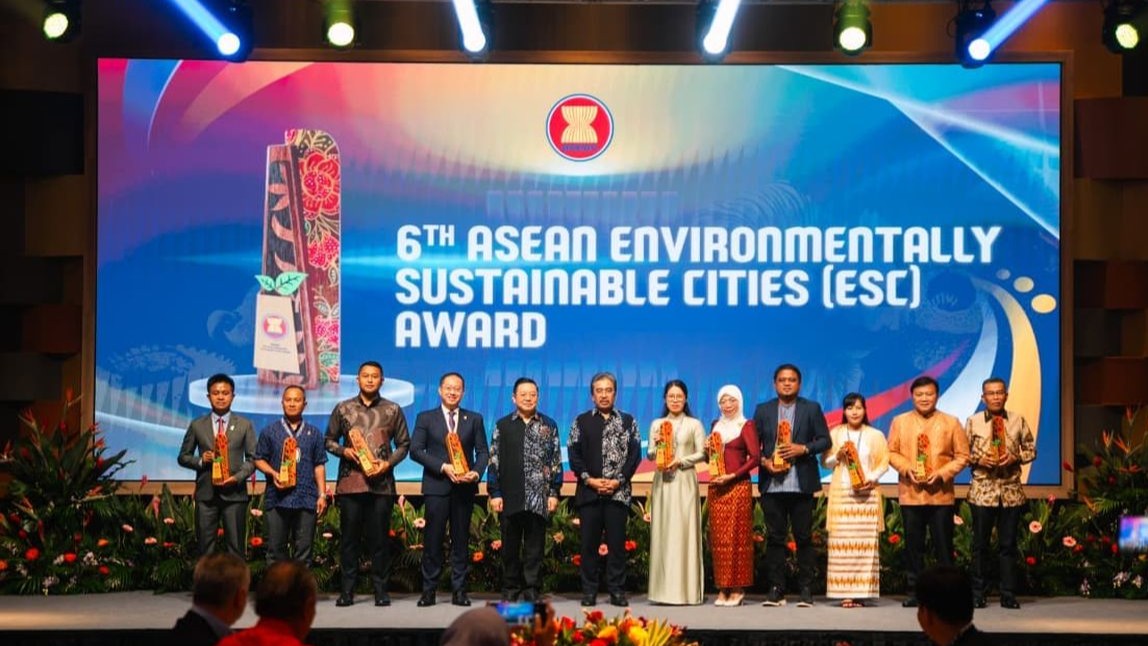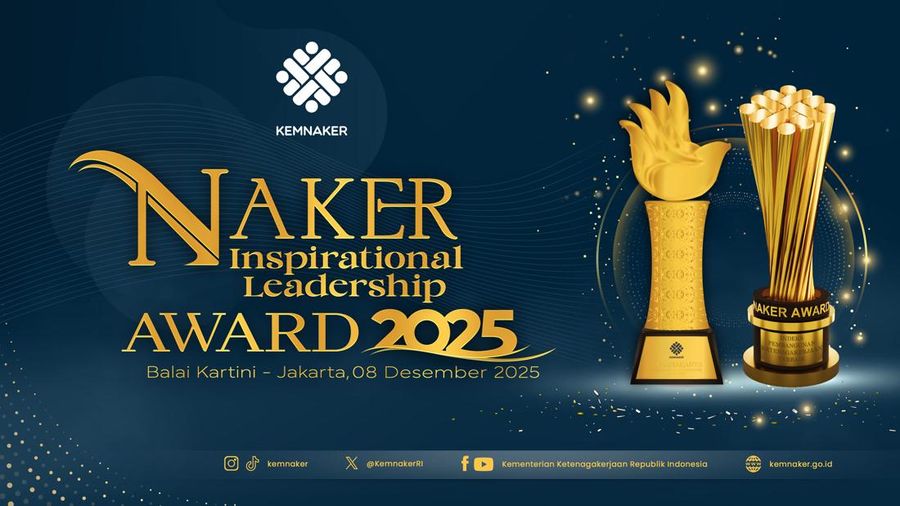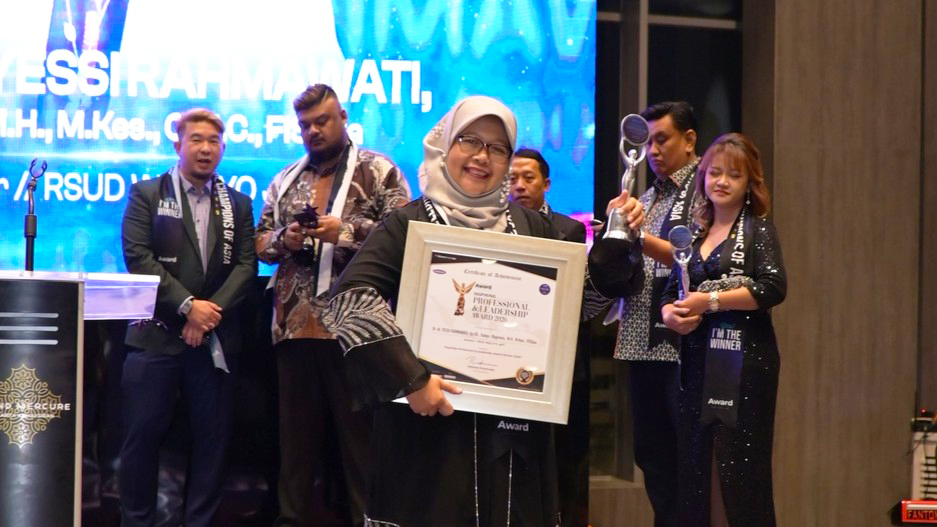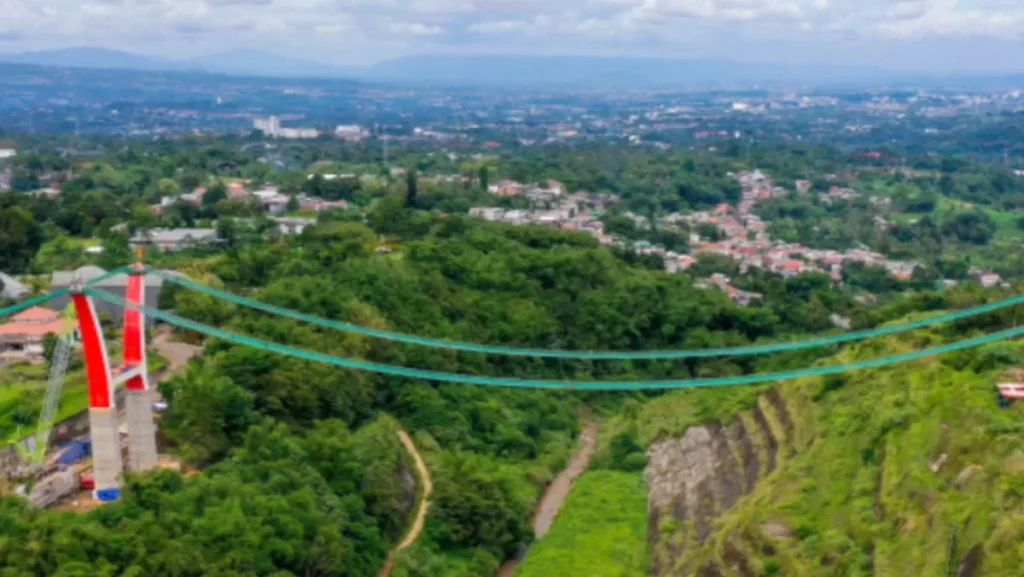Langkawi — Indonesia has strengthened its regional leadership in sustainable development after five of its regions were recognized at the 6th ASEAN Environmentally Sustainable Cities (ESC) Award and the 5th Certificate of Recognition ceremony in Langkawi, Malaysia. The awards highlight cities and districts that have successfully implemented clean air, water, and land management, while also advancing biodiversity, green spaces, and circular economy practices.
Banyumas District stood out by winning the ASEAN ESC Award for its community-based waste management system. With 67 active waste banks, the district has achieved a 77 percent waste management rate through innovations such as TPS3R facilities, maggot cultivation, composting, and the production of refuse-derived fuel. These initiatives have positioned Banyumas as a model for Southeast Asia and a regional learning hub.
Malang City received recognition in the clean air category for large cities. Regular vehicle emission tests, the planting of 518 trees, and significant reductions in pollutant concentrations have raised its Air Quality Index to 88.36, improving public health, economic productivity, and education outcomes.
Bandung City was honored in the clean water category for large cities. With 91.6 percent of households now accessing safe drinking water and 82.5 percent connected to the national wastewater system, Bandung has also pioneered the reclamation of natural springs into multifunctional public spaces, reducing waterborne diseases.
Padang City earned recognition in the circular economy category. Through waste banks, maggot cultivation, and eco-friendly procurement programs, the city has transformed waste into valuable resources. Its integrated waste management facility processes 200 tons daily, producing co-firing fuel for cement industries, while new facilities explore composting, bioconversion, and pyrolysis.
Ciamis District was awarded in the clean land category for small cities. By reducing landfill waste from 45 trucks per day in 2019 to just nine in 2024, Ciamis has demonstrated remarkable progress. Community-driven initiatives such as Sedekah Sampah, bans on plastic use during religious events, and methane-to-energy projects at local landfills have further strengthened its sustainability credentials.
According to Ary Soedijanto, Deputy for Climate Change Control and Carbon Economic Value Governance at Indonesia’s Ministry of Environment, the awards reflect Indonesia’s commitment to aligning national programs like Adipura with ASEAN’s ESC criteria. He emphasized that these achievements not only improve local quality of life but also inspire other ASEAN cities to replicate best practices.
The recognition of these five regions underscores Indonesia’s growing role as a driver of sustainable urban development in Southeast Asia. By combining innovation, community participation, and policy alignment, the country is setting a benchmark for green and resilient cities across the region.






